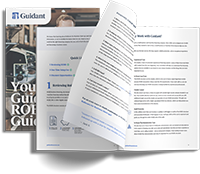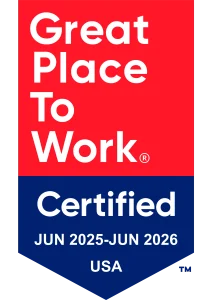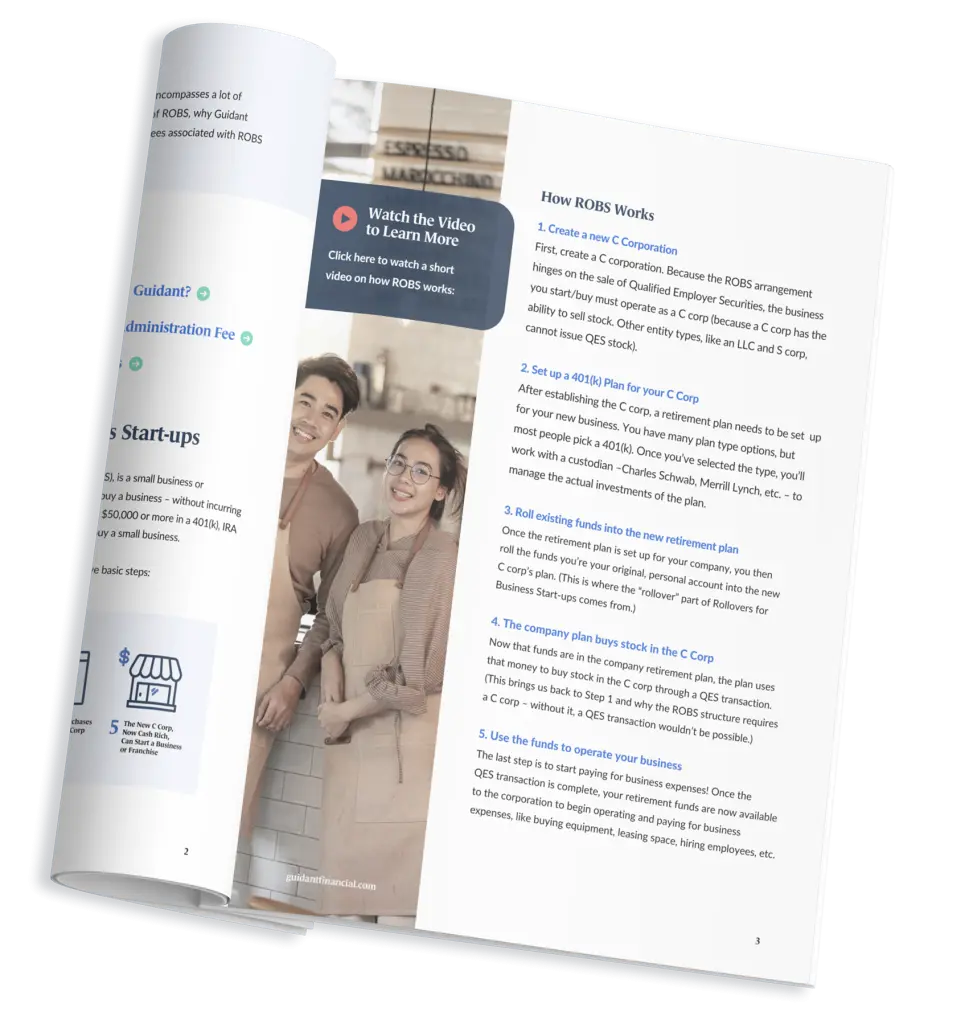Making the decision to sell your small business can be a difficult one, no matter what the reason behind the sale. After all, you’ve worked hard to build your business and want to find a buyer who will not only carry on what you’ve started but also see the value in your business and pay a fair price.
Unfortunately, finding the perfect buyer who is able to both afford your business and continue your legacy isn’t as simple as hanging a “For Sale” sign in your window. Not only do you have to know how to price your business fairly and accurately, but you also must understand how to effectively promote your business to attract buyers. Here are five of the most important steps you can take to ensure you find the right buyer for your small business.
Step 1: Completing Your Business Valuation and Setting Your Price
Just as you want to be paid fairly for the value of your small business, buyers also want to ensure the amount they pay for your business is worth it — both in terms of the company’s current worth and future potential. Even if you think your business may be worth a certain asking price, you’ll need to prove it to potential buyers. That’s why the first step in finding a buyer for your business is to determine an asking price that’s worthwhile for you as the seller and attractive to buyers by completing a business valuation.
While it is possible to calculate this number on your own by adding up the value of your business assets (including equipment, inventory, collections, customer lists, etc.) and subtracting expenditures and debts (including employee costs, monthly loan payments, etc.), this can be complicated and often includes guesswork. What’s more, buyers will want to see documentation that supports how you calculated your asking price: income statements, balance sheets, profit & loss statements, future projections and more.
Business financing calculators exist that can help if you decide to go the do-it-yourself route, but many small business owners choose to work with a company that offers professional business valuation services to take the hassle out of determining asking price. Doing so legitimizes your asking price in the eyes of buyers since a third-party was involved and also helps ensure your price is within acceptable limits so your business sells sooner rather than later.
Step 2: Creating Promotional Materials
After you’ve set your asking price and have gotten all the paperwork in order, the next step is to start promoting the sale of your business. If you’re comfortable with your employees, customers and others in your immediate community knowing about the sale, the most obvious step is to post signage in and around your small business — ‘for sale’ signs and even fliers interested buyers can take that offer details about the business and its asking price.
In today’s digital age, it’s also a good idea to create a webpage that offers details about your business sale. This can be done through business listing sites (see below), your own business website or even by using do-it-yourself website creators, such as Wix, Squarespace, etc.
Your business’s profile page should include the basic information, but also offer answers to frequently asked questions, such as the history of the business, the reason you’re selling it and in-depth information on what the business does. This can be a time-saver so you don’t have to keep answering the same queries over and over again.
If you work with a professional business valuation company, they should be able to help you in creating these buyer-facing resources, including a business summary page, a printable flier and a buyer-facing business valuation.
Learn more about your funding options: Pre-qualify Today.
Step 3: Listing Your Sale with Business Brokers and in Business Listings
Whether you’ve decided to announce your business sale to your local community or not, it’s highly likely you’ll need to look beyond your immediate network to find potential buyers, and this is where business listing websites and business brokers can come in handy. Business listings are a place where buyers congregate to find the perfect business for them and serve as a great way to connect buyers with sellers. Similarly, when you work with a business broker, they’ll promote your business to any buyer that may be a good fit. What’s more, if you want your sale to remain confidential until you get serious interest from buyers, most listing sites and brokers offer confidential postings to ensure the news of your sale doesn’t leak.
By paying a small fee with a listing site or a broker, you’ll open up exposure to hundreds, if not thousands, of other buyers, and this can be key to selling your business quickly. Below are a few reputable websites and brokers to consider:
Business Listing Websites:
Business Brokers:
Step 4: Advertising Your Sale with Relevant Business Networks
If you’re a member of any professional business networks, it can be beneficial to promote your business sale within those groups. This can mean advertising on their websites or in newsletters, but it also means attending meetings and spreading the word that you’re selling your business. You may also want to look for newspapers and magazines in your industry that offer classifieds for business sales and take out an advertisement with them.
Step 5: Qualifying Potential Buyers
It’s not enough to just attract buyers; you must also do your due diligence to ensure the individual is qualified to buy your business — both in terms of business acumen and finances. Asking questions about available funds and relevant experience is a good place to start, but working with a professional firm — whether it’s a valuation company or a business broker — can help you go the extra mile to ensure buyers are eligible to obtain funding and have the knowledge needed to take your business to the next level.
For example, if you choose to use Guidant’s Seller Suite services, we’ll use our proprietary pre-qualification tool to help educate your potential buyers on all of their financing options, whether it’s seller financing (if you choose to make that available), an SBA business loan or 401(k) business financing. We’ll also offer insight into which method best suits your business to put you both on the path toward a successful sale.
Selling a business can seem overwhelming and may not happen overnight, but by educating yourself on how to successfully sell a business, following the right steps and working with professionals knowledgeable in business sales, you’re sure to find a buyer who will continue your legacy and give you the payout you’re seeking.
Guidant Financial’s Seller Suite is a great place to start if you need help completing your business valuation business and/or promoting your sale. You’ll receive not only the information needed to accurately price your business, including an estimated valuation and in-depth industry report, but you’ll also be given customized resources to promote your business, including a promotional flier and financing assessment. Learn more at guidantfinancial.com/seller-suite.



















